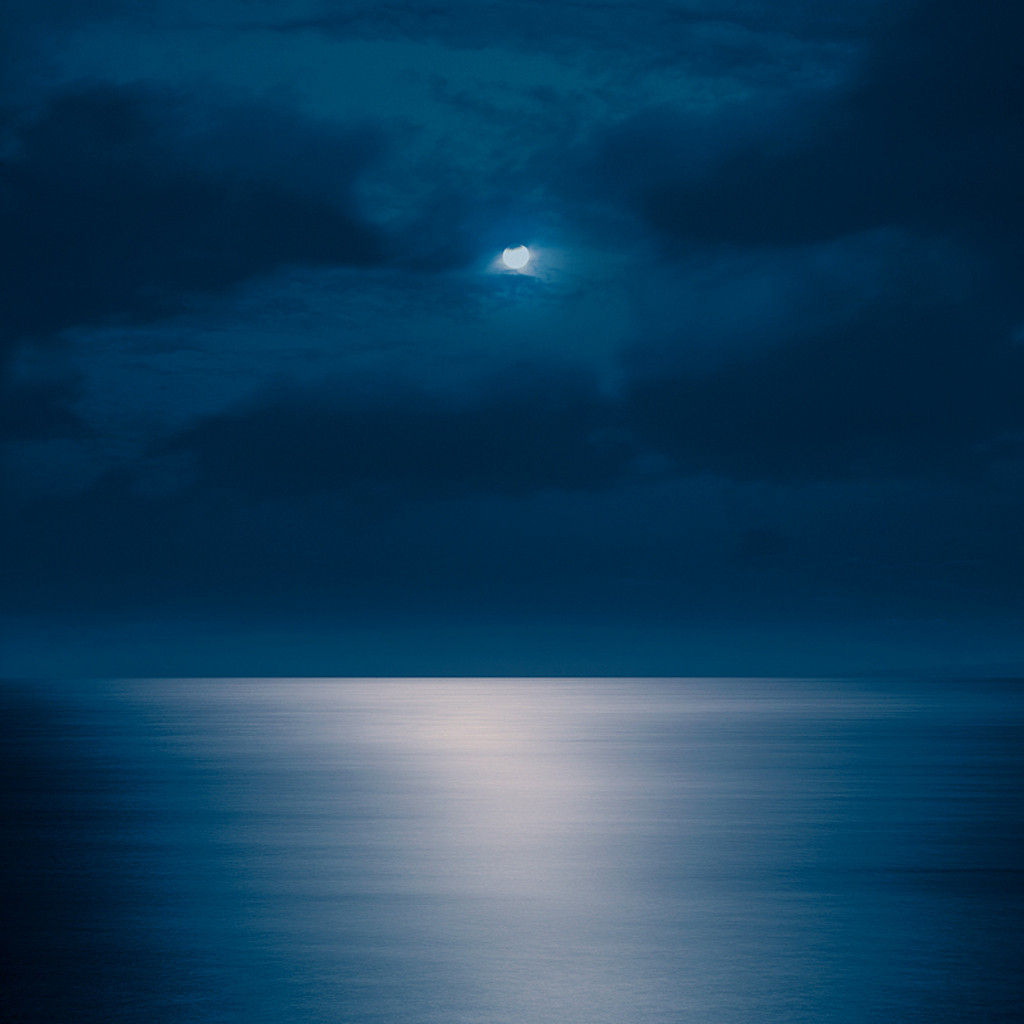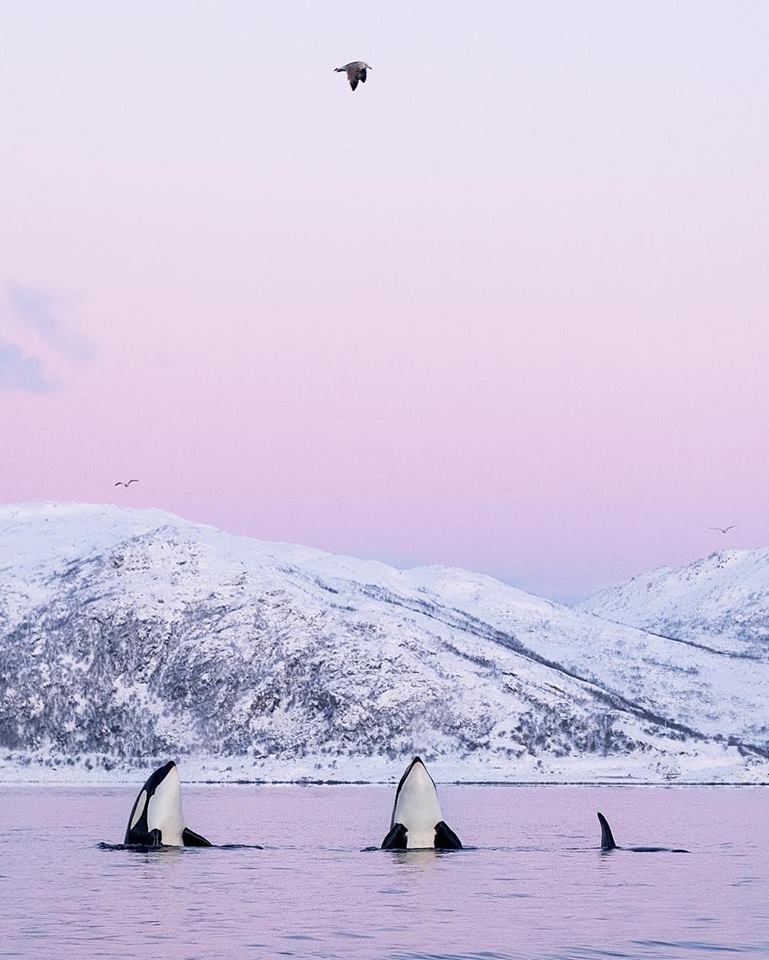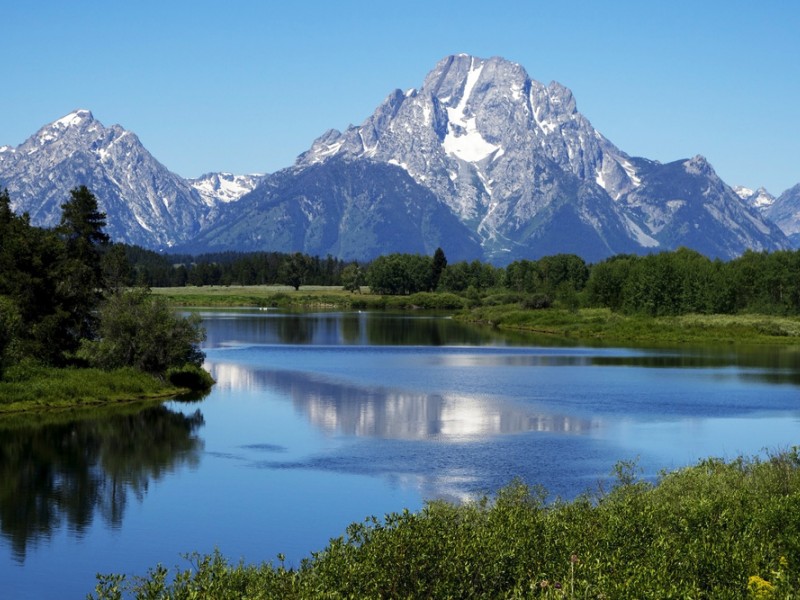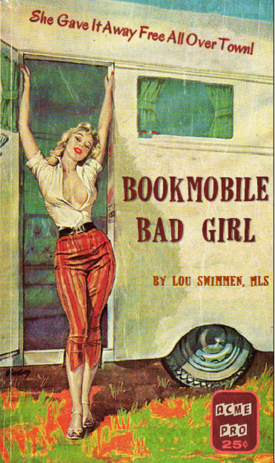
balance. If you try to force your
if you don’t try enough it
doesn’t get there, it
misses the point
of balance.
Normally
the mind isn’t still,
it’s moving all the time,
it lacks strength. Making the
mind strong and making the body
strong are not the same. To make the
body strong we have to exercise it, to push
it, in order to make it strong, but to make the
mind strong means to make it peaceful, not to
go thinking of this and that. For most of us
the mind has never been peaceful, it has
never had the energy of samadhi, so
we establish it within a boundary.
We sit in meditation, staying
with the One who
knows.
There’s
no need to think
of anything special,
just concentrate on this
simple task for now, having
continuous presence of mind.
There’s nothing more to do, just
breathing in and out. Soon the mind
becomes peaceful, the breath refined.
The mind and body become light.
This is the right state
for the work of
meditation.





